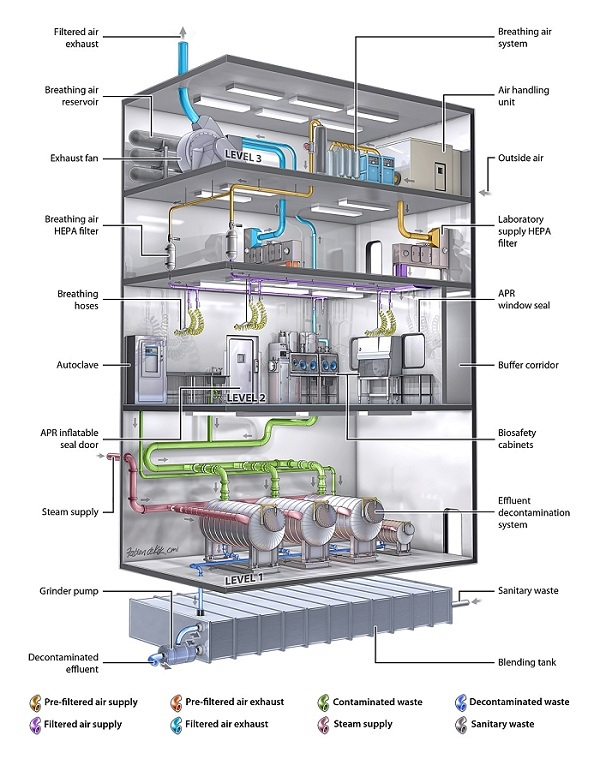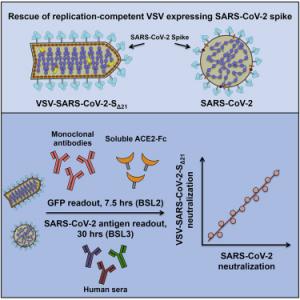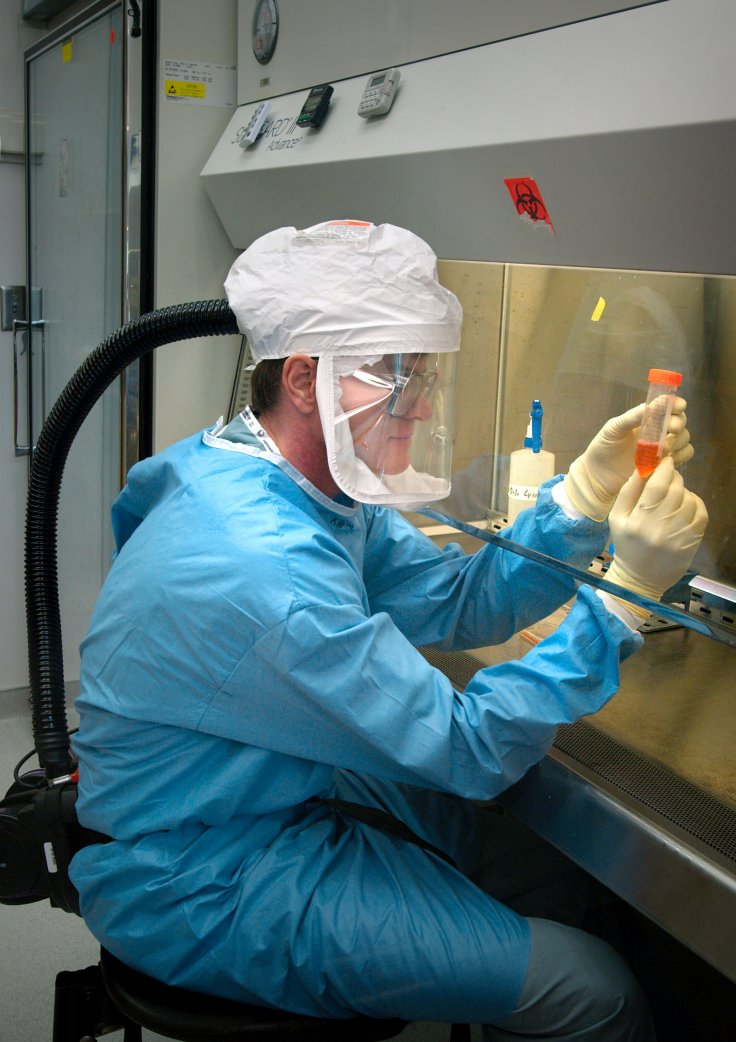From the U.S. President Donald Trump to Secretary of State Mike Pompeo, many have repeatedly claimed that SARS-Cov-2, the virus which causes COVID-19 disease, has been made in a Chinese lab. While the World Health Organization (WHO) and many experts have debunked the claim, a group of scientists has managed to create a virus that mimics the COVID-19 virus.
The researchers from the Washington University School of Medicine have bioengineered the "airborne and potentially deadly virus" to help scientists study the COVID-19 disease. But the replicated pathogen isn't as deadly as the SARS-Cov-2. Rather, it's a mild version of it.

But Why Did They Bioengineer the Virus?
If you are wondering, why would they do that? The explanation is simple. With the COVID-19 pandemic challenging the scientists and doctors around the world, they need the sample of the virus to study and make vaccines and drugs to counter the disease. But to research the virus, scientists need the highest biosafety standards with full-body protection, pressurized respirators and specialized ventilation system with multiple levels of containment.
However, those safety standards are not available in every corner of the world and that prevents scientists to study the virus properly. That is the reason why Washington University School of Medicine (WUSM) in Missouri, the U.S. developed a mild-hybrid version of the virus.

They genetically modified the virus, replacing the genes with one from the SARS-Cov-2. The engineered virus can infect cells just like the Coronavirus and antibodies can recognize it as SARS-Cov-2. But it's not potent and can be easily handled in an ordinary lab with a minimum safety standard.
The co-senior author of the study, Dr Sean Whelan, Professor and Head of the Department of Molecular Microbiology, said that he received many requests for a scientific material in such a short time.
"We've distributed the virus to researchers in Argentina, Brazil, Mexico, Canada and, of course, all over the U.S. We have requests pending from the U.K. and Germany. Even before we published, people heard that we were working on this and started requesting the material," he added.

How Did They Do It?
However, achieving the feat was not a mean task. To recreate the virus, the team of researchers turned to vesicular stomatitis virus (VSV). The virus, which is found generally in cattle, pigs, horses and often infects humans and causes flu-like symptoms, is relatively harmless and lasts only three to four days.
Scientists replaced the surface-protein gene of the VSV that the virus uses to infect a cell with one from the SARS-Cov-2 spike or corona (the crown-like structure). The resulting hybrid, named VSV-SARS-CoV-2, can target the cells similarly to the Coronavirus but it can't cause severe COVID-19 disease as it lacks the other genes.
As per the study, which was published in Cell Host & Microbe, the team of scientists used serum and purified antibodies from recovered COVID-19 patients and found that the hybrid was recognized by them just like the SARS-Cov-2. Whelan told the journal WUSM that as long as a virus had spike protein, the human immune system and antibodies identify the pathogen as the Coronavirus.
Potential Vaccine Candidate
Since the hybrid virus doesn't cause the disease, it could be a potential vaccine candidate as per co-author Dr Michael Diamond, Professor of Medicine. The team is evaluating options and conducting studies in animals for potential antibody-based deterrents.
Through this, they can understand if a vaccine can have neutralizing antibodies and recovered COVID-19 patients can donate plasma. The study can also help them understand whether such antibodies be modified into antiviral drugs.

"With this surrogate virus, you can take serum, plasma or antibodies and do high-throughput analyses at BSL-2 levels, which every lab has, without a risk of getting infected. And we know that it correlates almost perfectly with the data we get from bonafide infectious SARS-CoV-2," Diamond added.









